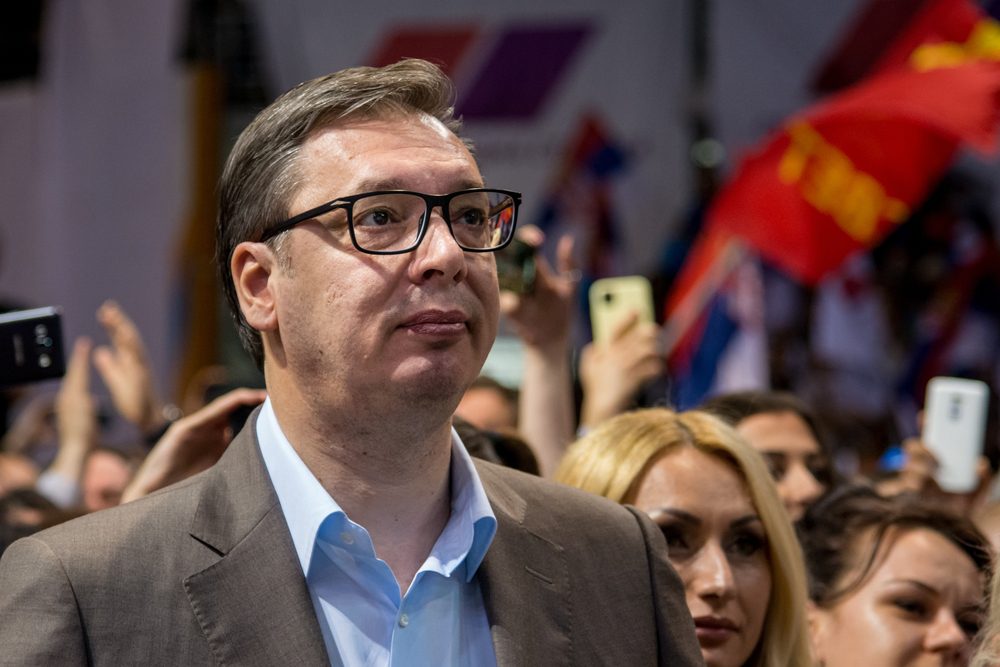
The NATO-led Kosovo Force (KFOR) has rebuffed Serbia’s request to deploy 1,000 of its troops in Kosovo, Serbian President Aleksandar Vučić told Pink television on Sunday.
The rejection by the 3,800-strong NATO peacekeeping force, which has been operating in Kosovo under a UN mandate since 1999, comes as no surprise, said Vučić, who had sought to put troops in Kosovo to protect the ethnic Serb minority there. During the interview, Vučić said:
We all knew and expected that answer, I think I had also announced that somewhere … Of course, they said they believe that under Resolution 1244 there is no need for a return of the Serbian Armed Forces to the territory of Kosovo-Metohija [an autonomous province the Serbian constitution still recognizes as part of Serbia].
He added that KFOR, which knew it had no right to refuse that request under the resolution, had therefore not invoked any part of it. Instead, it invoked its own mission to preserve law and order, the Serbian president said.
The resolution in question was approved by the UN Security Council in 1999. Provided it receives prior approval by KFOR, it allows for Serbian military personnel to be deployed in sensitive areas such as around churches and in locations with Serb majorities.
Furthermore, according to the Serbian president, NATO chose to deliver its rebuff on Christmas Eve, celebrated by many Orthodox Christians on January 6th per the Julian calendar, to humiliate the Serbs:
It would have been good if they had communicated to us a positive response on Christmas Eve, because then it would have made sense, rather than a negative one before Christmas, because then you know it is no coincidence. They made a mistake, one which has a clear political connotation.
He added that although he could not claim that NATO does its work unprofessionally, it is just a tool in the hands of the Western powers.
Vučić had originally called for Serbian troops to be stationed in Kosovo to deal with tensions between ethnic Serbs and Albanians. Kosovo is a former Serbian province that declared its independence in 2008, a decade after the 1998-1999 war in which NATO bombed then-Yugoslavia (which comprised Serbia and Montenegro) to force its withdrawal from Kosovo.
Last year, tensions flared after the arrest of a former police officer of Serb origin on charges of inciting attacks on election commission officials. In response, Serbs erected barricades at a dozen sites in the region while blocking access roads to two border crossings into Serbia. Following negotiations in late December, these barricades were removed after which relative peace returned to the region.
This weekend, fears of escalation resurfaced. Near the town of Štrpac in southern Kosovo, an off-duty soldier from Kosovo’s security forces opened fire on Serbian civilians. A man and an 11-year-old boy sustained non-life-threatening injuries.
The assailant is being detained on suspicion of attempted manslaughter.
